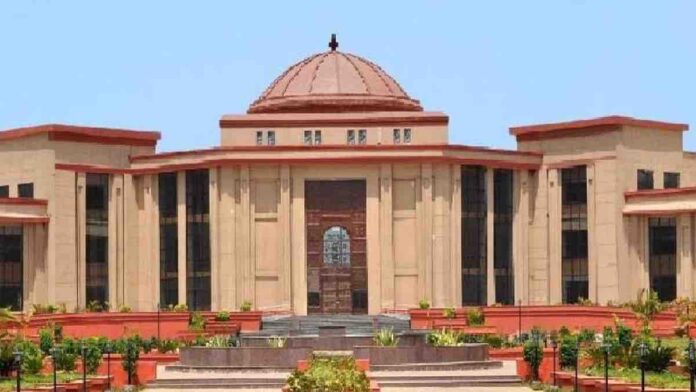The Chhattisgarh High Court dismissed a writ petition filed by Santosh Tiwari, proprietor of M/s Anjaney Enterprises, who challenged the fresh e-tendering process for vehicle parking management at Swami Vivekananda Airport, Raipur. The petitioner sought relief through the COVID-19 Concessionaire Support Scheme, requesting an extension of his parking contract. The case, WPC No. 4885 of




